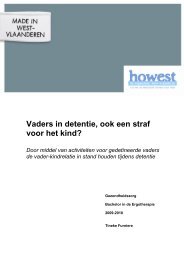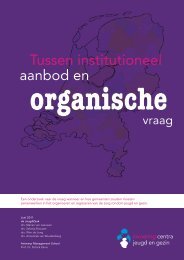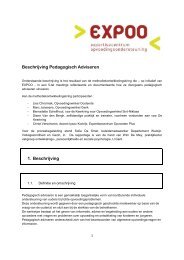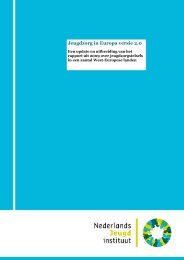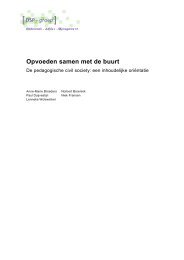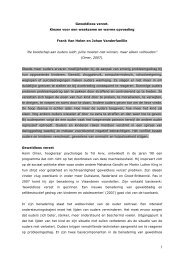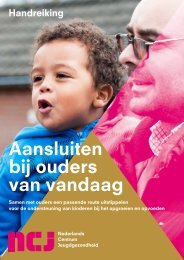Technique Is Not Enough (TINE) - British Psychological Society
Technique Is Not Enough (TINE) - British Psychological Society
Technique Is Not Enough (TINE) - British Psychological Society
- No tags were found...
You also want an ePaper? Increase the reach of your titles
YUMPU automatically turns print PDFs into web optimized ePapers that Google loves.
developed purely from a theory-driven standpoint, peer-to-peer service delivery in adultmental health services has been shown to be effective in a different way to traditionallydelivered professionally staffed services. Interestingly, the differences that have been foundare not about effectiveness per se. Peer-to-peer delivery does not increase treatmenteffectiveness but it does increase engagement and retention rates and there are indicationsthat the user experience is greatly enhanced (Repper & Carter, 2012). Again, we see thattechnique is not enough. The simple rule here is that we tend to identify with people likeourselves and often feel more comfortable with them in difficult circumstances. Socialsolidarity can follow because of the sense of mutual understanding and trust that oftendevelops in such circumstances. For example:FASTI have observed many examples of professionals working with parents to co-produce FAST as the[implementation] team has to include at least one parent partner per group of families. I have alsoworked on FAST with teams where the school caretaker, dinner ladies and support staff worked inpartnership with teachers and social workers. As a social worker and a tutor of social work I felt itwas very positive for students to observe the hurly burly of normal family life in the group sessionsand the parents interacting with their children.Non-traditional workers and volunteers may also be useful in working alongsideprofessionals who conduct outreach and promote initial engagement strategies. Ratherthan relying only on middle-income professionals, parent volunteers who are culturallymatched to potential programme participants may be helpful in increasing initialawareness and programme take-up. Where such approaches adopt co-production they mayreduce ongoing drop-out rates because participant providers are also likely to be carriers ofthe necessary ‘rules’ to understanding the local social ecology. Local people are more likelythan professionals to know and be sensitive to the current, family stressors in their localitybecause they share the same experience as people from that community and who may goon to participate in the local parenting programme. They can also help make universalprogramme knowledge relevant to real circumstances. This kind of interpersonal sensitivitycan increase retention rates and enhance the wider community’s understanding of therelevance and effectiveness of the programme for socially marginalised populations.For example:Resilient Families AustraliaThe Resilient Families project has worked with government and Catholic secondary schools inAustralia to enhance healthy adolescent development by encouraging parent involvement in effortsto increase parent education opportunities. A quasi-experimental study of an early version(Programme for Parents) suggested the programme reduced adolescent reports of family conflict,antisocial behaviour and substance misuse (Toumbourou & Gregg, 2002). A randomised trial ofan extended programme found improvements in adolescent reports of school attendance and schoolrewards (Shortt et al., 2007).Programmes where socially excluded parents work alongside professionals in the planning,training and co-production of parenting training have formally demonstrated higheroutreach and engagement success with excluded families and higher retention rates for46 Professional Practice Board




